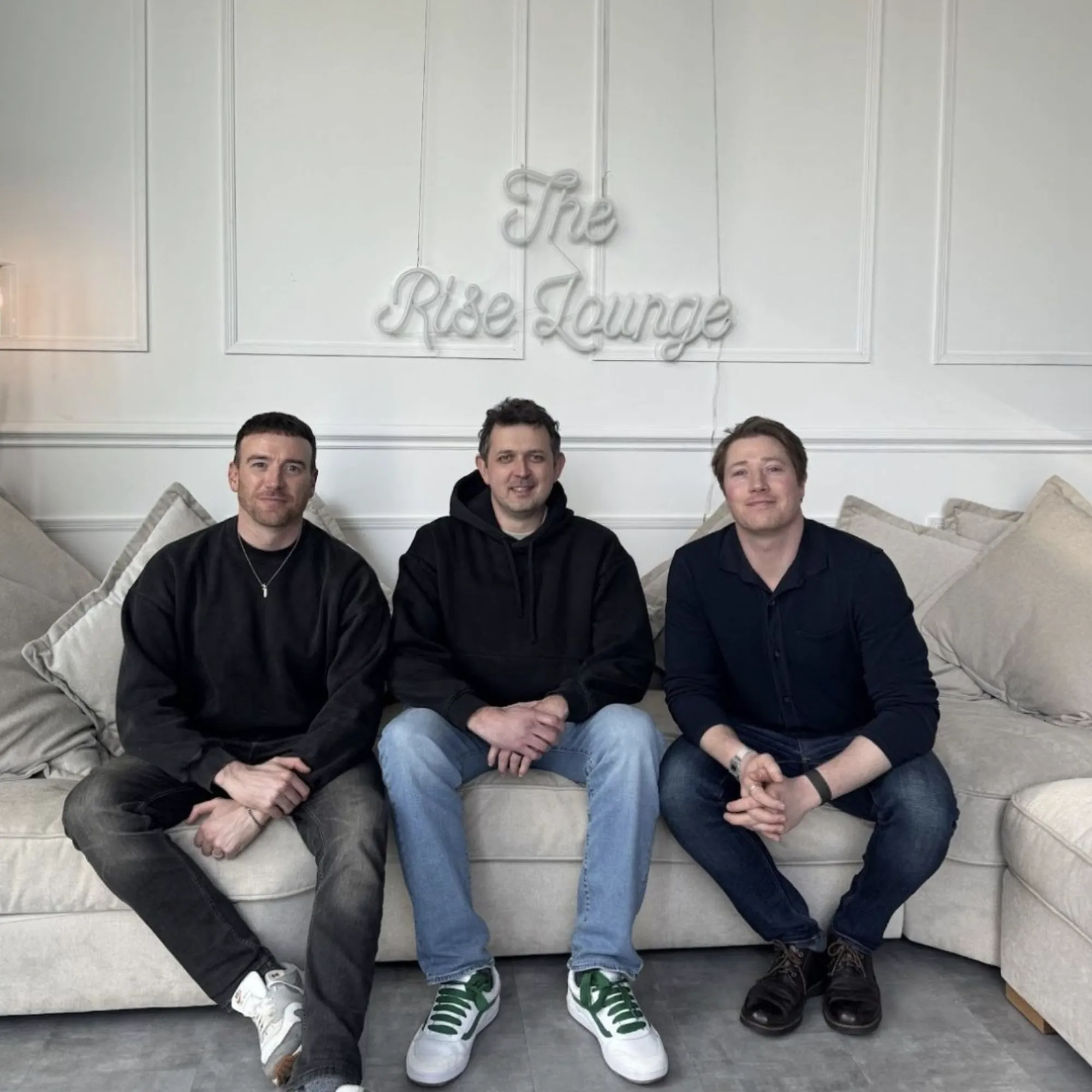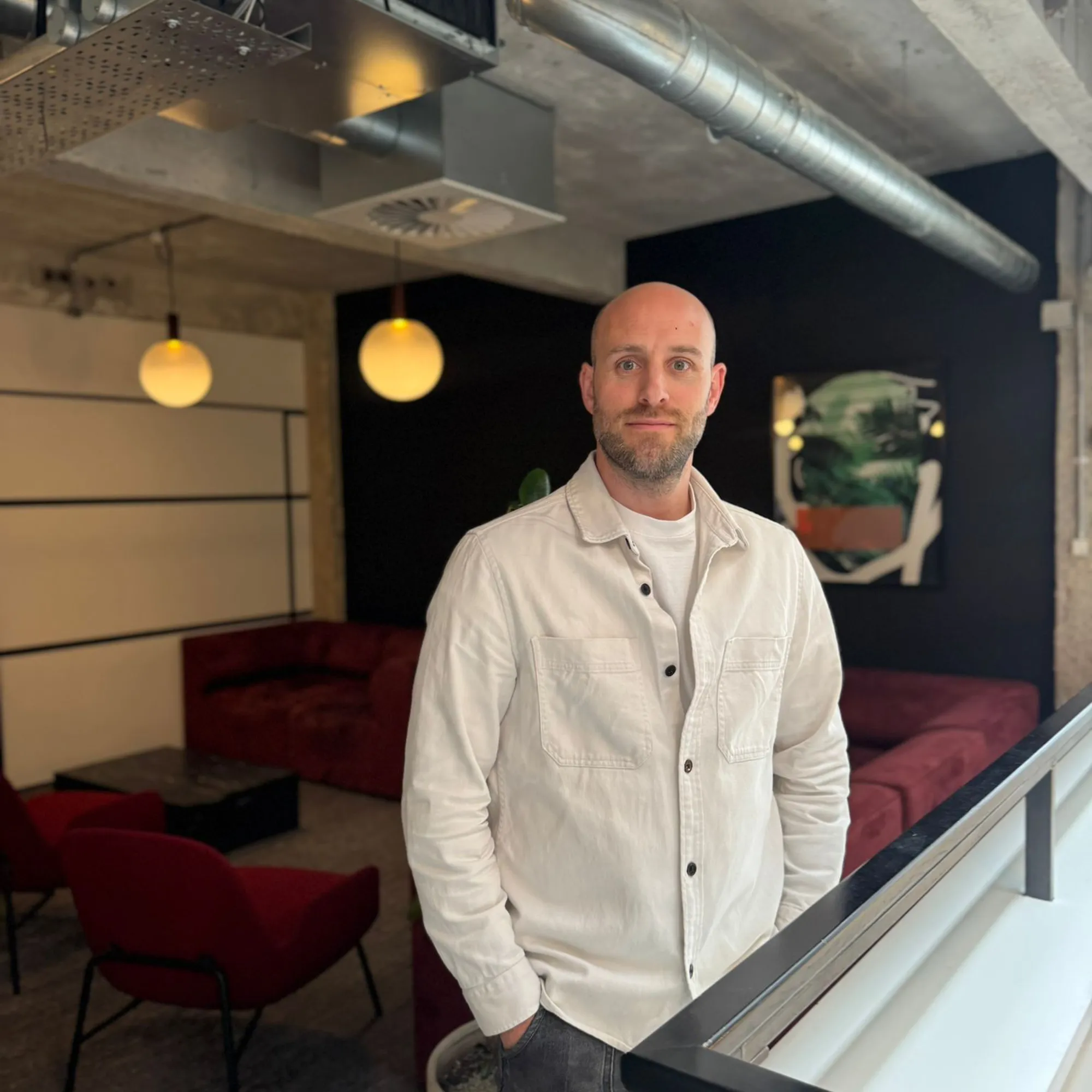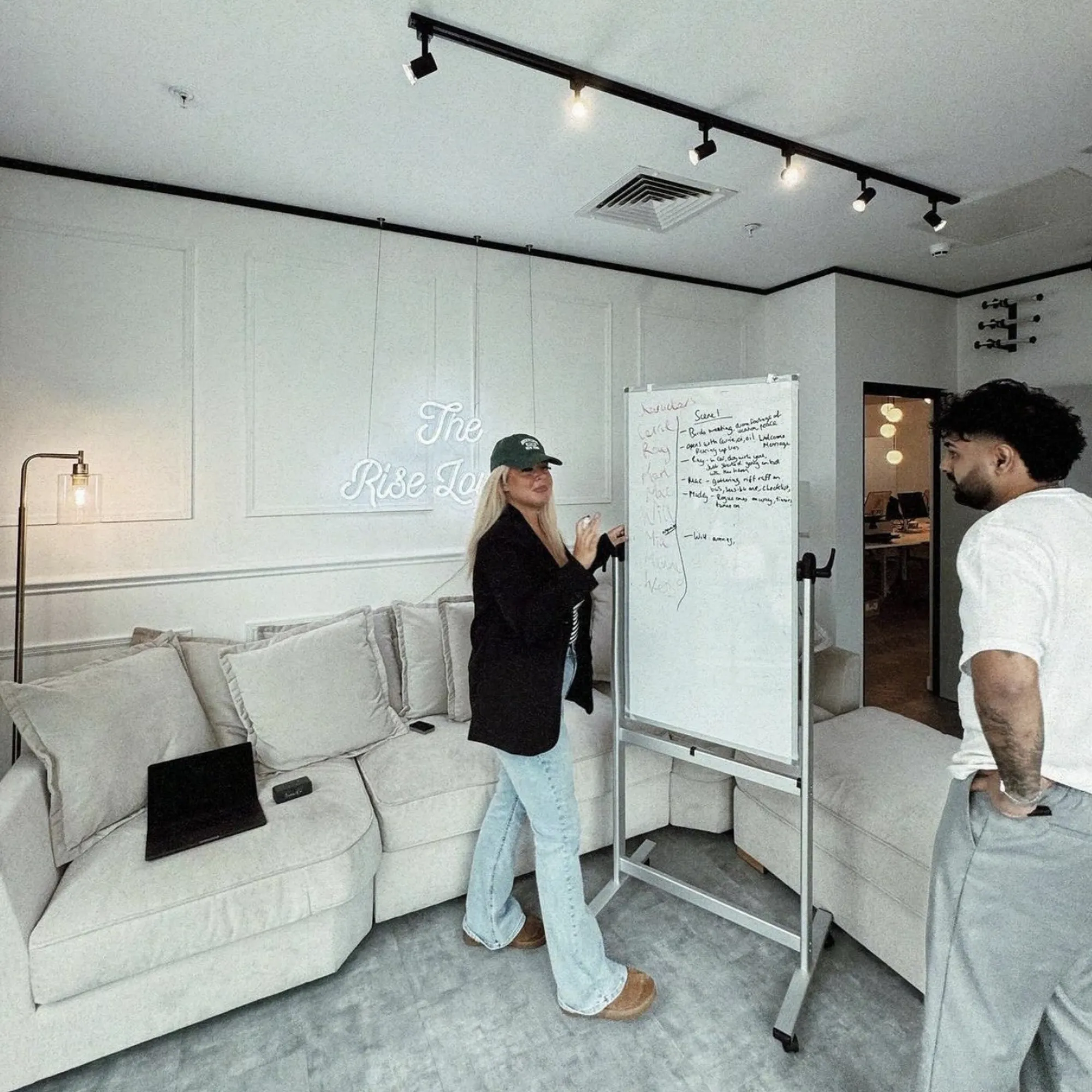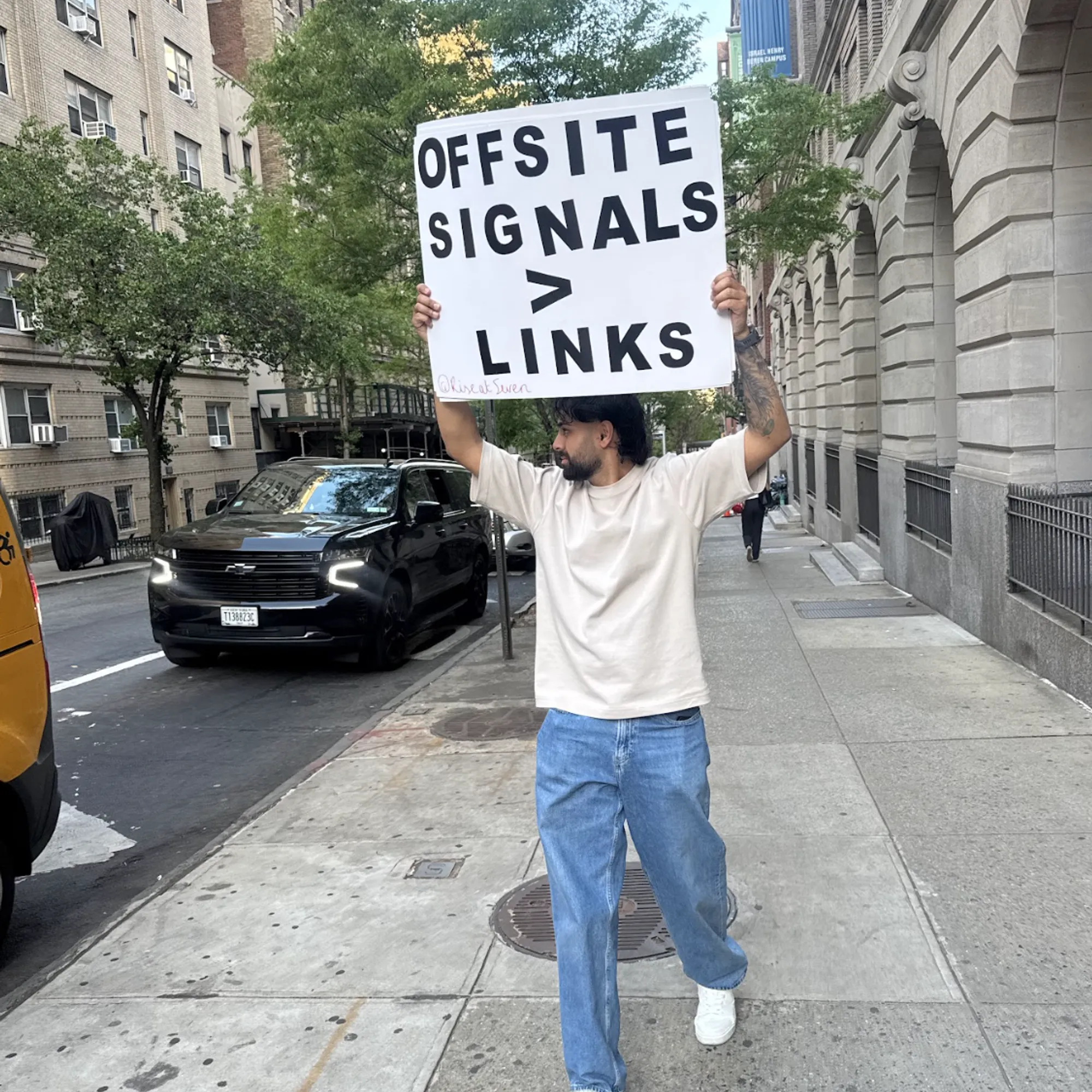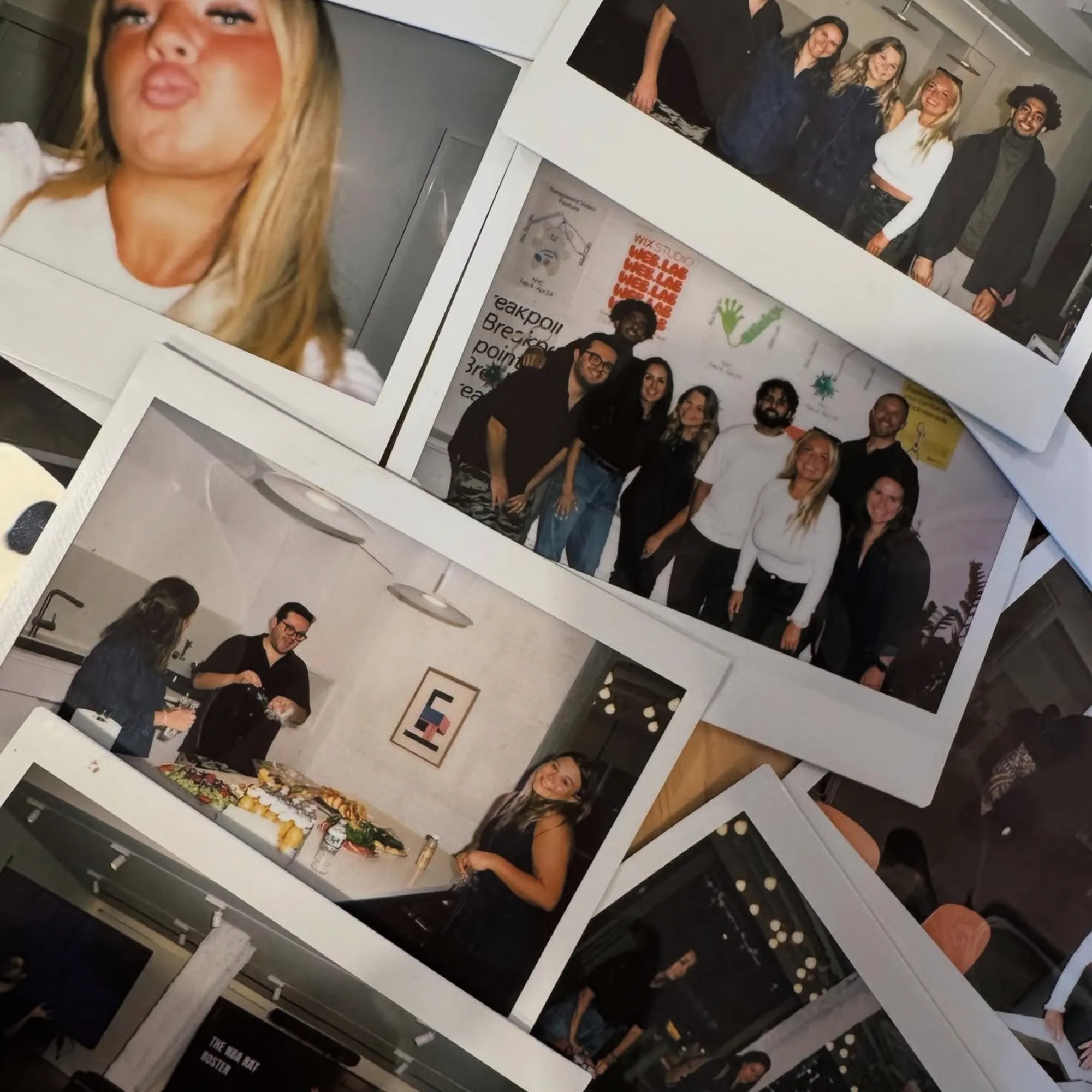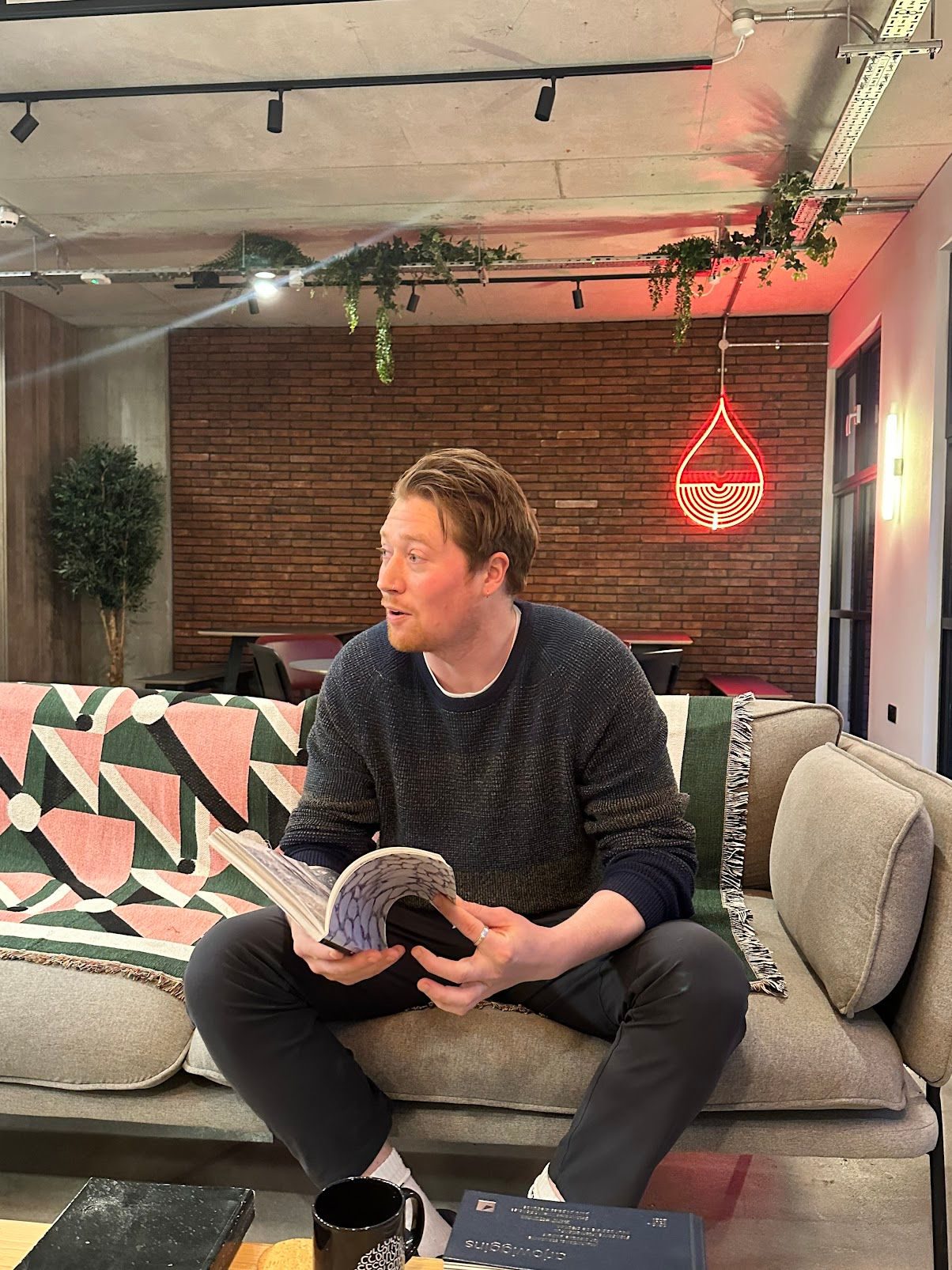The graduate application guide: how to apply for a job when you’ve never had a job before
Recently I did a talk for the University of Lincoln. It was all about how to make it in the advertising industry, passing on the tips and tricks I’ve learnt after over a decade of blagging my way through my career.
At the end I asked if anyone had any questions, and someone did.
Perhaps the most important question of them all that I had failed to answer:
What do you actually send a job to prove you can do it, when you’ve never done the job before?
I told them exactly what I tell everyone when they ask me a difficult question: let me go away and write something about it, it’ll probably be better.
The problem with graduate job ads
Let’s start with the issue that’s facing many graduates across the country: the jobs they’re going for are asking for too much. Far too often a junior job ad will demand two years’ experience, along with a bunch of other stuff that no graduate should be expected to have:
Experience of pitching to clients.Knowledge of a host of creative platforms.A portfolio bursting with work.
These are all things a seasoned creative should have, not someone fresh out of university. So why do job ads look like this? Because people are cheap, that’s why.
Agencies are actually looking to hire a midweight, just pay them a junior’s salary. The same thing happens further up the career ladder too, just with less unrealistic expectations. Midweight job ads will want experience of leading a team, senior job ads will want experience of running entire campaigns, and ‘head of’ job ads will basically expect you to be a creative director willing to take a pay cut.
However, when you’ve worked for a while these are things you can learn, or at least pretend to be capable of in the interview. For a graduate, you can’t show experience you simply don’t have. It makes it unfair, and turns an already incredibly competitive industry into one that won’t let you in.
What can graduates do to stand out?
Not to put you off, but for every junior job going there are thousands of people just like you who want it. Whenever we put a job ad live we get hundreds of applications, with many of them being from people perfectly capable of doing the work.
So how do we decide who to give it to? How do we pick the people to interview?
Here are our top tips:
1. Ditch the CV
CVs can be useful if you’ve got loads of relevant experience to show, but if you’re a graduate, you won’t have. We aren’t interested in your weekend job at Tesco or that week you spent working in Majorca. As Carrie Rose said: “CVs are pointless if you have no experience and literally worked in a bar. I won’t read it.”
2. Show us an ideaWe’re in the business of ideas. Whether that’s PR, SEO, copywriting, design or development, it all starts with a thought, and if you can have some of your own you’ll be invaluable. Look at the clients the agency you’re applying for works with and come up with a new campaign for them. Show them you can do the job to get the job.
3. Show us you care
Do something outside of work that puts your skills to the test. Run a TikTok account that shows off your filming ability, write a blog that proves you can string a sentence together, run a website that ranks. You don’t have to have a job to get experience.
4. EngageTalk to the people you want to work for one day. It might not be now, it might not be in 10 years, but one day that connection could turn into a career. (Side note: I’d been following Kenwright on Twitter for years before I pestered him about a job. The slow flirting paid off.)
5. Do your research
Knowing the company you’re applying for will give you a headstart. Look into the kind of people that work there (and follow them on social media), read their case studies, study their work. If you can show you’re interested in the business and not just the salary, you’ll play to their ego and get your foot in the door.
How did I land my first job?
Back when I was a graduate, which is somehow now TEN YEARS AGO HOW HAS THAT HAPPENED? I was looking to get my first break as a copywriter. I knew my pretty shit uni portfolio and over-inflated confidence wouldn’t do the trick, and that I’d need to show them more.
So I wrote. Lots.
I had a blog that I updated regularly, talking about industry topics and campaigns that I’d liked. I’d written for the students’ union magazine, some incredibly cringy articles that you can still find online if you know what to search for (I’ll die before I tell you). I wrote for a great magazine called ShellsuitZombie, got featured in industry magazines and shared lots on Twitter.
I also made briefs for myself and answered them, filling my portfolio up with ideas that proved I could do it.
Admittedly I was rubbish at my first job, but that didn’t matter. From that point on I had actual work to show people, and the job ads stopped looking daunting and started looking doable.
This was me back in one of my earliest jobs, when that hat was very fashionable. I still have it. It is no longer fashionable.
Are you a graduate looking for a job?
Some of our biggest stars came straight out of university, while others never bothered going at all. Check out all our current roles and send us something that we can’t ignore.
Alternatively, if you’re going for a more senior role your CV is also acceptable, so long as we can’t ignore that either.

